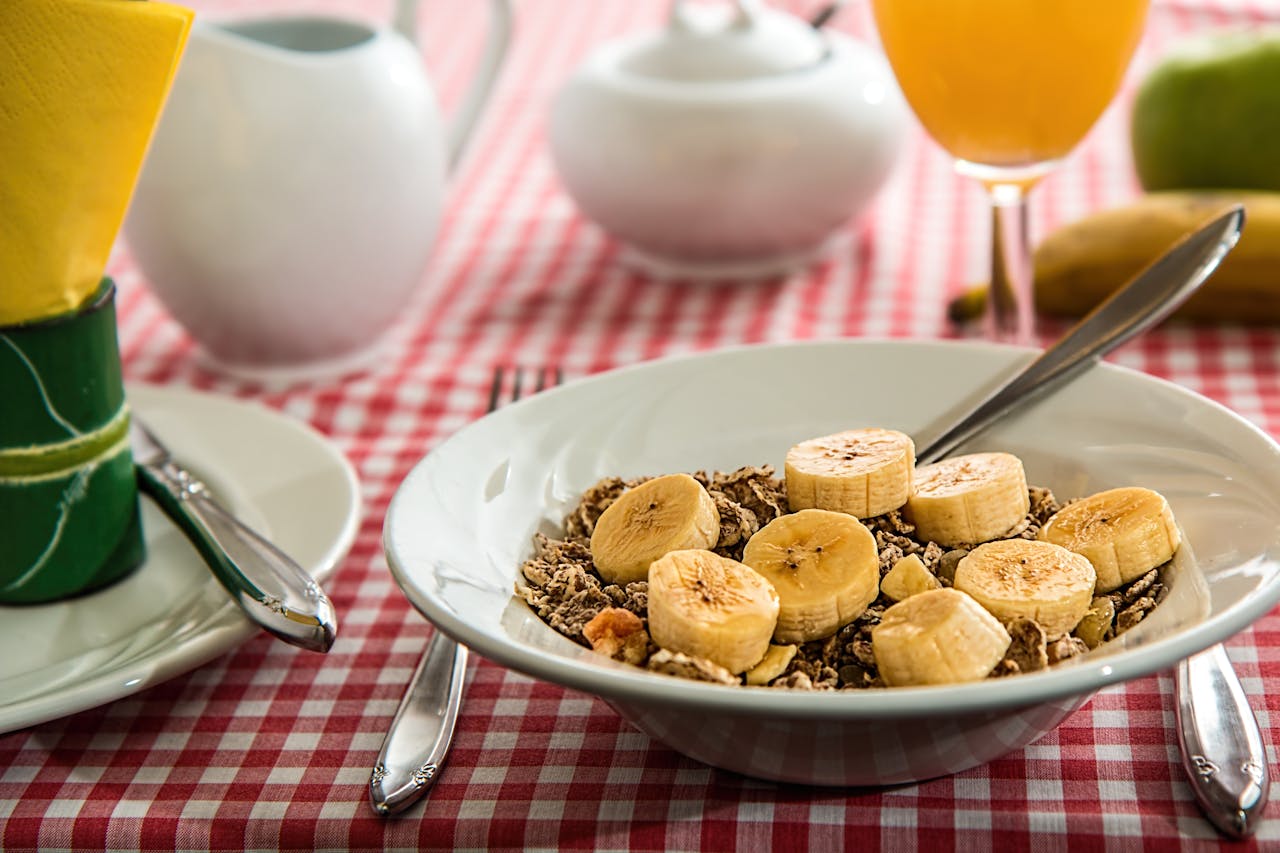We’ve all heard how an apple a day is the best way to ensure a clean bill of health, but what about the other fruits of the world? Over 1.28 billion adults aged 30–79 years worldwide have hypertension, and while dietary recommendations focus on your salt intake, a recent study suggests that maybe one should focus less on their salt intake, and more on going bananas for bananas.
Bananas and Hypertension
Hypertension is a serious chronic condition that’s responsible for 10.8 million avoidable deaths each year and is the leading cause of coronary heart disease and stroke. It’s also been linked to chronic kidney disease and dementia, so finding ways to manage blood pressure and reduce risk for hypertension is of paramount importance.
With that, this article will look at a study suggesting that adding more bananas to your diet could be an affordable and accessible solution to reducing your risk for hypertension.
Going Bananas for A Healthy BP
Researchers from the University of Waterloo used a mathematical model to analyze how the ratio of potassium to sodium impacts blood pressure, following past studies identifying how increased potassium intake can help control blood pressure.
The model found that doubling potassium intake helped to reduce blood pressure by up to 14 mmHg in men and 10 mmHg in women. These benefits remained even when salt consumption remained high, suggesting that eating plenty of potassium-rich foods may help offset the effects of high-sodium foods,
“Usually, when we have high blood pressure, we are advised to eat less salt. Our research suggests that adding more potassium-rich foods to your diet, such as bananas or broccoli, might have a greater positive impact on your blood pressure than just cutting sodium.” – Professor Anita Layton, Canada 150 Research Chair in Mathematical Biology and Medicine and a professor at the University of Waterloo.
Regarding the differences between sexes, the study acknowledged that men are more prone to developing hypertension. Yet, they responded more positively to increased potassium intake than premenopausal women.
Why Are Bananas Good For BP?
According to the researchers, potassium, and sodium are both electrolytes, and so they help regulate fluid balance, nerve signals, and muscle contractions. Yet, they also battle with controlling blood pressure.
High levels of sodium increase blood pressure by causing the body to hold onto water, whereas potassium helps the body remove sodium and relax blood vessel walls, which means lower pressure and better circulation.
Should I Enjoy A Banana A Day?
A medium-sized banana contains around 420 mg of potassium, which is around 9% of the recommended daily intake, so one banana a day is a great start, but it’s not enough. That said, you can also include other potassium-rich foods like:
- Broccoli
- Spinach
- Avocados
- Beans and lentils
- Oranges
Also, despite potassium’s counteractive effects on the body’s sodium levels, it’s still important to watch your sodium intake. To do so, skip the salt shaker and look out for hidden sodium in processed foods.
Want to know more?
Potassium-rich foods aren’t the only way to combat hypertension, as rilmenidine is a prescription drug used for the treatment of the condition. Now, researchers have suggested that rilmenidine may be effective at managing aging and extending lifespan.
References
WHO (2023). Global report on hypertension: the race against a silent killer – World | ReliefWeb. [online] reliefweb.int. Available at: https://reliefweb.int/report/world/global-report-hypertension-race-against-silent-killer.
Stadt, M., & Layton, A. T. (2025). Modulation of blood pressure by dietary potassium and sodium: sex differences and modeling analysis. American journal of physiology. Renal physiology, 328(3), F406–F417. https://doi.org/10.1152/ajprenal.00222.2024.



![women [longevity live]](https://longevitylive.com/wp-content/uploads/2020/01/photo-of-women-walking-down-the-street-1116984-100x100.jpg)










